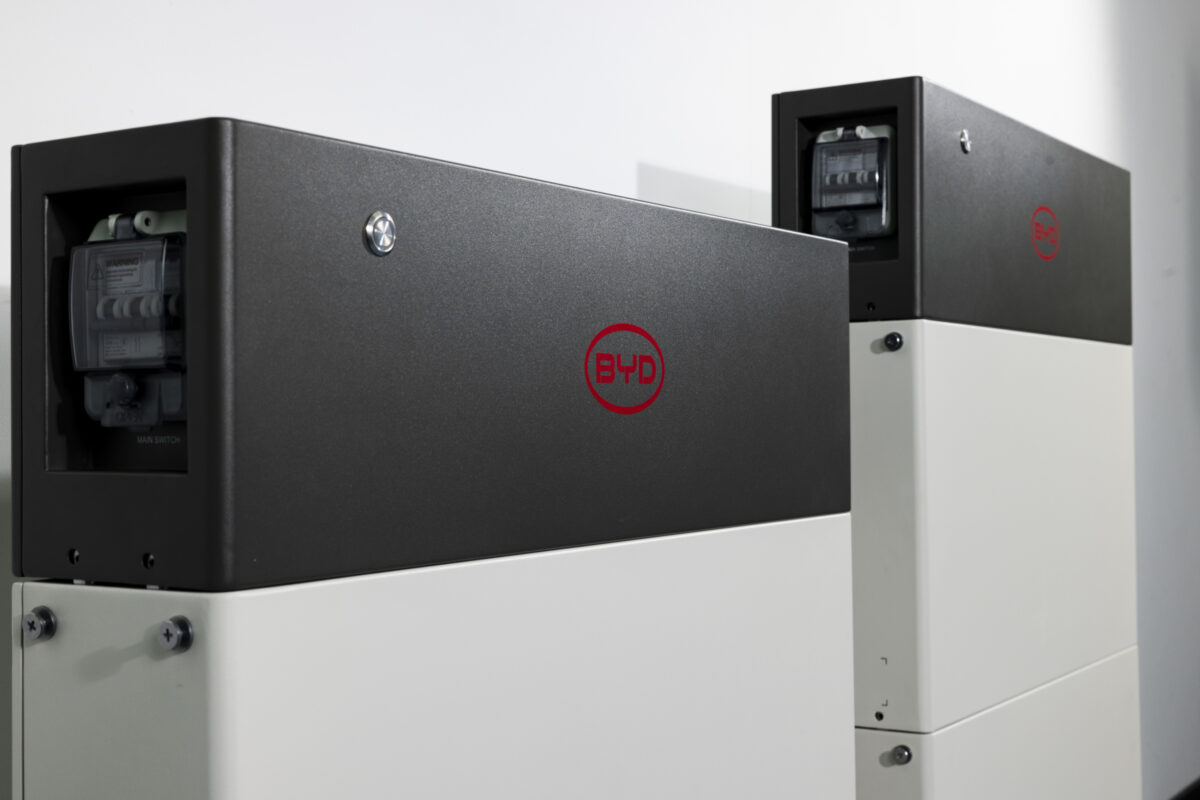The systems include two 89 kWp solar containers, complemented by integrated lithium-ion energy storage devices. One system offers 165 kWh of storage, while the other provides 138 kWh of capacity. The projects include distribution, metering and mobile payment infrastructure, with 10 km of distribution lines each, according to an online statement.
Erwin Spolders, CEO of Redavia, said that the French company was eager to participate in the development of Tanzania's rural electrification plans. “Our financially viable business model enables the provision of cost-effective, reliable energy for local communities and businesses in the long run,” stated Spolders.
InfraCo Africa provided financing for the two installations in the small villages of Isenzanya and Shitunguru. Alex Katon, executive director of InfraCo Africa, said that the London-based investment firm’s financial support for Redavia’s containerized solar solutions underscored its commitment to investing in innovative power businesses. InfraCo Africa is part of the Private Infrastructure Development Group (PIDG), which facilitates private-sector investment in infrastructure projects in developing countries.
Neither village previously had access to power, which is a common problem in Tanzania, leading to the use of kerosene and diesel for lighting purposes. Local development of public services, residential power applications and service businesses such as shops and restaurants has suffered due to the lack of electricity.
“Electricity gives women like me opportunities to make a contribution to the development of our communities,” said Potfar Hira Mwamlima, a resident of Shitunguru.
This content is protected by copyright and may not be reused. If you want to cooperate with us and would like to reuse some of our content, please contact: editors@pv-magazine.com.



By submitting this form you agree to pv magazine using your data for the purposes of publishing your comment.
Your personal data will only be disclosed or otherwise transmitted to third parties for the purposes of spam filtering or if this is necessary for technical maintenance of the website. Any other transfer to third parties will not take place unless this is justified on the basis of applicable data protection regulations or if pv magazine is legally obliged to do so.
You may revoke this consent at any time with effect for the future, in which case your personal data will be deleted immediately. Otherwise, your data will be deleted if pv magazine has processed your request or the purpose of data storage is fulfilled.
Further information on data privacy can be found in our Data Protection Policy.